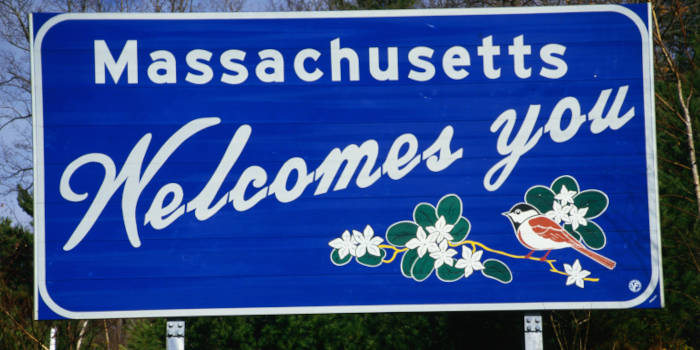The Massachusetts Gaming Commission has posted the November results for the three casino properties that operate in the state under an official license, to wit the Plainridge Park Casino, Encore Boston Harbor, and MGM Springfield. The three properties generated an estimated $93 million in gross gaming revenue for the state, with the properties subject to different tax rates and driving results based on their property size and game offer.
Three Casinos in Massachusetts Drive $25M in Tax Revenue
Plainridge Park Casino is taxed by the regulator and state at a rate of 49% of its gross gaming revenue. Out of the collected amount, 82% is directed to Local Aid along with 18% given to the Race Horse Development Fund. Plainridge Park Casino operates as a category 2 slots facility.
MGM Springfield and Encore Boston Harbor are taxed based on category 1 license, as they are casino resorts and levied at 25% of their gross gaming revenue. The Massachusetts Gaming Commission has collected more than $1.26 billion to date out of the three properties in the state.
The total taxes paid in November to the state amounted to $25.95 million, calculated on the gross gaming revenue collected. MGM Springfield (taxed at 25%) generated a total gross gaming revenue of $22 million, out of which $4.7 million was driven by table games and $17.3 million was driven by slots. The taxes paid by the property amounted to $5.5 million.
Encore Boston Harbor ended up generating a great deal more in gross gaming revenue, with $26.5 million driven by table games and $32.84 million driven by slots. The total gaming revenue by the property was $59.43 million. The resulting tax paid by Encore Boston Harbor stood at $14.85 million.
Then, there was the Plainridge Park Casino property which drove revenue solely through slot gaming and ended up collecting $11.4 million in total gross gaming revenue. That resulted in $5.58 million paid to the state in tax in November. Massachusetts is also edging closer to the launch of an official sports betting industry which is expected to significantly boost the tax revenue collected through gaming.
The main argument for the legalization of sports gambling in the Bay State is that the black market is already siphoning off funds from the public purse and that neighboring states have already gone live with their own gambling options. Casinos have been doing well, but the hope is that sports betting will add to that. WynnBET has already obtained a license to run its operations in the market.





